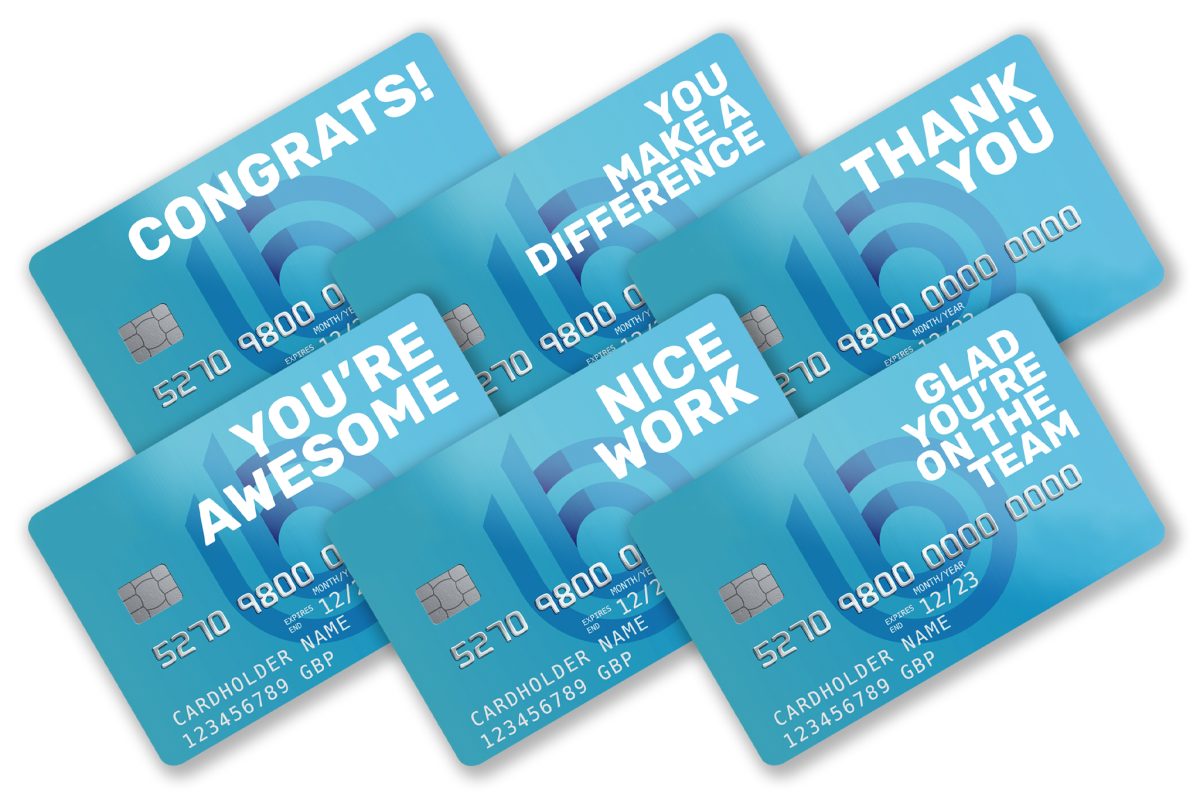Universities can have enormous incomes, with larger universities bringing in millions and, in a couple of the more prestigious ones, billions.
But with universities typically operating as not-for-profits, there’s just as much going out as there is coming in, which means that internal finance teams have a heavy workload.
With so much to keep track of though, we understand that modernising and streamlining some of your processes can be a massive undertaking in itself. But at B4B Payments, we can help.
So how can universities transform their legacy payment processes?
Tuition Fees
Tuition fees can make up 80% of a university’s income but processing these payments can sometimes be old-fashioned. Some universities still request cash, card or cheque payments, meaning that the act of paying tuition fees is not quite as simple as tech savvy students would hope for.
With students paying as much as £9,250 in tuition to universities, it’s understandable that they expect a high quality service, however in 2018 the Higher Education Policy Institute found that over one third of students didn’t feel that their university was value for money.
As a minimum, payment processes should be seamless and require minimum effort. Parting with this amount of money needs to be done transparently and efficiently.
For many students, payments have to be made via Student Finance England and there’s no way around that, but a significant number of students will be paying tuition directly to the university, either in part or in full. This is particularly the case for international students.
One third of international students come to the UK from China, where almost half of the population use mobile payments. Add into that; currency conversion rates, old fashioned methods of payment, such as cash and cheque, and the fact that international fees can be as much as triple the UK fees cap, payments become much more complicated. So it’s important that paying tuition fees takes a step towards digital to make it simpler and more intuitive for the students who are paying.
B4B Payments’ flexible payment solutions allow for the creation of virtual IBAN accounts, giving you the power to receive payments in 25 currencies with great-value FX rates and no hidden fees. With the option to receive international payments via Faster Payments, CHAPS, SEPA, ACH and more, students have a range of reliable, fast options for making their tuition fee payments in their local currencies.
Departmental Spending
With a staff team of thousand and dozens of departments, expenses and departmental spending can be massively complicated. The internal finance team have a huge weight of responsibility on their shoulders to keep the university running smoothly and, with lengthy processes and complex budgets to keep track of, this is no easy feat.
A great way of getting on top of and monitoring departmental spending is by rolling out prepaid cards for staff or departments.
Using these cards, the finance team can immediately respond to financial requests, transfer funds onto cards and keep tabs on what’s been spent in one integrated system. Staff can also upload images of receipts, essentially automating the reporting process and taking a huge burden off internal finance teams.
What’s more, staff can have control over their own budgets. By scheduling transfers onto the cards monthly or even weekly, staff can spend from their budgets with less back and forth. This means they can purchase their own resources and book their own venues without needing to ask finance to do it for them, spreading the admin more evenly across the university – another burden off the finance team.
Not only that, the staff expenses process will run much more smoothly too. By having access to their budgets on a prepaid card, staff can purchase train tickets or lunch expenses straight from the pot. This means that the lengthy process of buying out of their own pockets, filling in an expenses form, scanning receipts, having it processed by the finance team and receiving reimbursement up to a month later will be a thing of the past.
And, for special requests that may fall outside of usual departmental spending, finance can approve and transfer funds to the right person in a matter of minutes.
This streamlines processes significantly and also means there’s much less need for staff across the university to handle cash. Prepaid cards mean that, if staff need petty cash, they can withdraw this and manage it themselves – finance will not necessarily be required to keep large amounts of cash on campus.
Taking it a step further, prepaid cards could also be issued to students for use in campus shops and canteens, which means that even retail on campus can be cashless so there’s no need for totting up money to pay into the bank. Everything is already digitally transferred at the point of contact. Universities could even work with individual suppliers to incentivise “on campus” spend where appropriate.
Payments to Students
As well as tuition fees and departmental spending, another key benefit of prepaid is the ability to transfer funds to students. This might sometimes take the form of a scholarship or bursary, or it might be the transference of a hardship fund.
Historically, this may have been done via bank transfer or even cheque, but both incur risks – a bank transfer is open to fraud and a cheque can always get lost. But by issuing students with a prepaid card at enrolment, the university can get money to students’ pockets immediately and without the risks incurred by the more old-fashioned methods. Prepaid cards are inclusive for those without bank accounts, provide instant access to funds for foreign students and can used for standalone projects such as research and trials.
From implementing digital systems to allow for straightforward tuition fee payments to rolling out prepaid cards, there’s a whole range of options available to streamline your processes and take some of the burden off your finance team – and we’re here to help.
To find out how we can help you overcome your legacy payments issues, get in touch with B4B Payments today.













